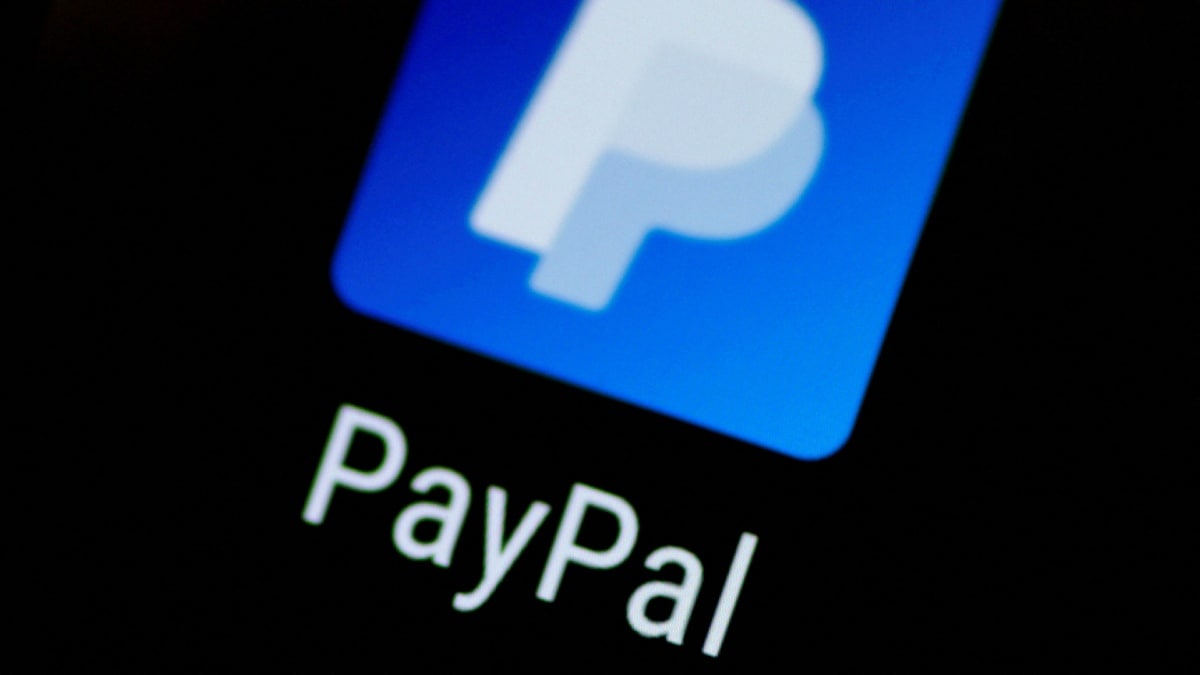Payments giant PayPal has joined Coinbase’s Travel Rule Universal Solution Technology aka the TRUST Network in order to comply with the financial industry’s Travel Rule. Launched earlier this year, TRUST was created by Coinbase to “protect the security and privacy” of its member customers while complying with the Travel Rule. The latter is a US law under the Bank Secrecy Act that requires financial institutions and companies to share certain information about a customer if they are sending money above a threshold — the starting point for identifying fund transactions and the parties involved is $1,000 (roughly Rs. 79,800).
Coinbase’s TRUST network aims to disclose the necessary data while protecting user privacy. It will avoid using a central store of user data and ensure its members are trustworthy through a compliance and risk management solution from Exiger.
A warm welcome to @PayPal for joining TRUST, a global coalition that provides top-tier privacy and security safeguards to customers across jurisdictions while complying with the Travel Rule.https://t.co/OgoL3uS3qc
— Coinbase (@coinbase) August 22, 2022
Though the TRUST network had just 18 virtual asset service providers (VASPs) in February, it has grown quickly in recent months. PayPal’s decision to join TRUST puts the group’s membership count at 38.
Several top crypto exchanges, such as Binance.US, Crypto.com, Gemini and Kraken, are involved in TRUST alongside Coinbase. Other firms involved in the network include the USDC issuer Circle, the investment manager Fidelity Digital, the stock and crypto trading app Robinhood, and crypto lender Nexos.
TRUST was reportedly formed in response to crackdown rumblings from the inter-governmental Financial Action Task Force (FATF) on VASP compliance with anti-money laundering (AML) and anti-terrorist financing (ATF) policies.
“The addition of PayPal marks another milestone in TRUST’s journey to become the global, industry-standard solution for Travel Rule compliance,” wrote Coinbase in its announcement today.
PayPal made cryptocurrency trading available to its customers back in 2020 and has since added a host of features to that functionality, including the ability to withdraw and deposit cryptocurrency. Given the fact that the payments provider now offers a more comprehensive variety of crypto functions, it isn’t surprising to see the company looking to do its bit in terms of adhering to rules and industry compliance standards.

